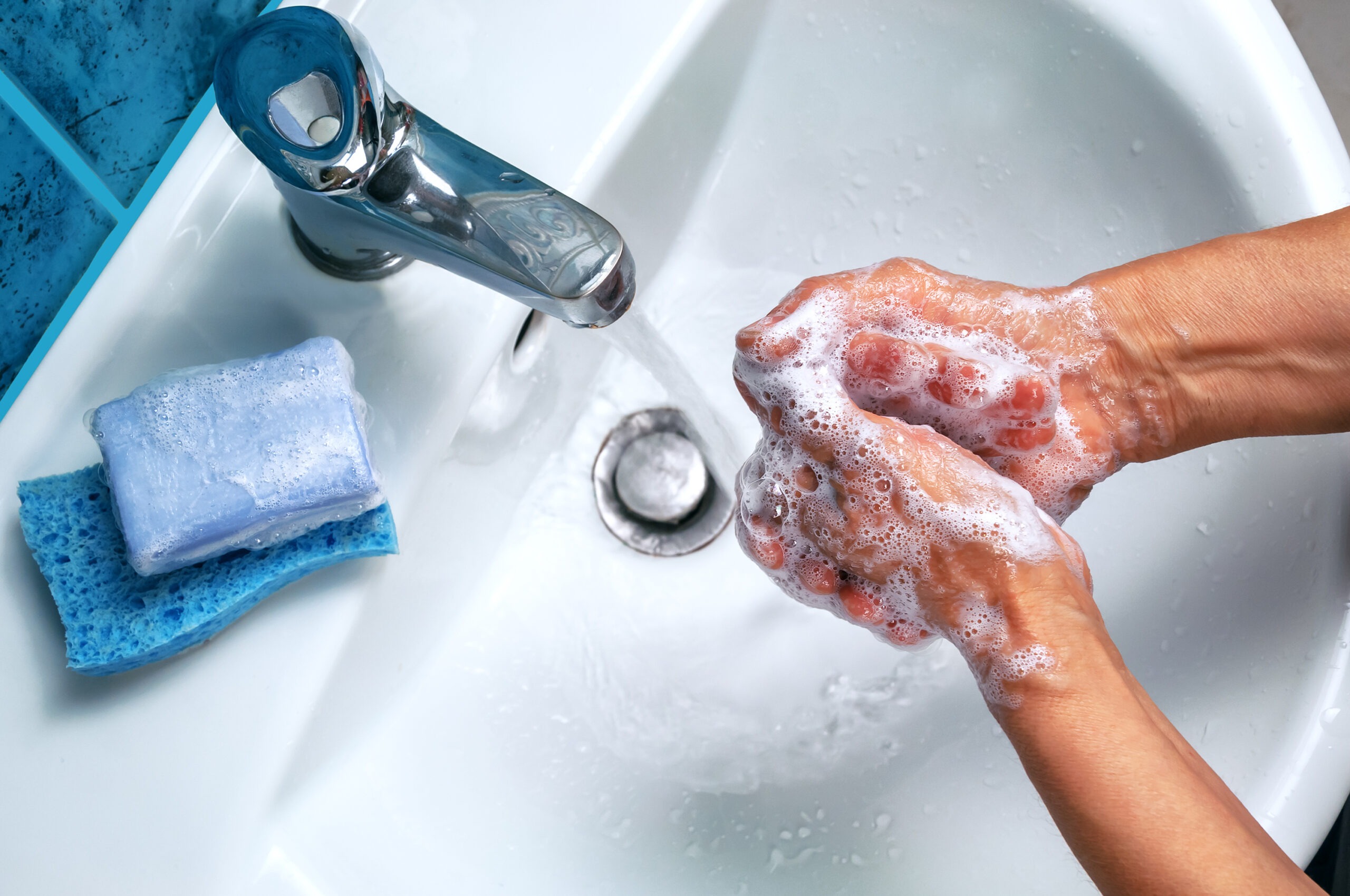Antibacterial soap has become increasingly popular in recent years due to its ability to kill bacteria and prevent the spread of illness. Many people use antibacterial soap for its perceived health benefits. In this article, we will explore the potential health benefits of antibacterial soap and how you can make your own using melt and pour soap base and essential oils.
What is antibacterial soap?
Antibacterial soap is a type of soap that contains an antibacterial agent, such as triclosan or benzalkonium chloride, that is designed to kill bacteria and prevent the spread of illness.
These antibacterial agents work by disrupting the cell membrane of bacteria, causing them to die.
Antibacterial soap is commonly used in hospitals, schools, and other public places to prevent the spread of illness. In addition, soap making costs are getting lower with more kits and soap bases available. Helping spread the availability of homemade antibacterial soap.
Potential benefits of antibacterial soap
Reduces the spread of illness
The primary benefit of antibacterial soap is its ability to kill bacteria and prevent the spread of illness. By using antibacterial soap, you can reduce your risk of getting sick and help prevent the spread of illness to others.
Helps prevent skin infections
Antibacterial soap can also help prevent skin infections caused by bacteria. This is particularly important for people with compromised immune systems or those who are prone to skin infections.
Reduces body odor
Antibacterial soap can help reduce body odor by killing the bacteria that cause it. This is particularly beneficial for people who sweat heavily or have a strong body odor.
Can be beneficial for acne-prone skin
Antibacterial soap can be beneficial for people with acne-prone skin, as it can help kill the bacteria that cause acne. However, it is important to use a soap that is gentle on the skin and does not cause irritation.
Making Your Own Antibacterial Soap
How to make your own antibacterial soap with melt and pour soap base and essential oils
Making your own antibacterial soap is easy and can be a fun DIY project.
Ingredients
- Melt and pour soap base
- Essential oils with antibacterial properties (such as tea tree, lavender, peppermint, or eucalyptus)
- Soap molds
- Optional: natural colorants, exfoliants, and fragrances
Make Your Own Antibacterial Soap: Step-By-Step Instructions
- Cut the melt and pour soap base into small cubes and place them in a microwave-safe container.
- Heat the soap base in the microwave for 30-second intervals until it is completely melted.
- Add a few drops of essential oil to the melted soap base and stir well. The amount of essential oil you use will depend on the strength of the oil and your personal preference. Start with a few drops and add more as needed.
- If you want to add natural colorants, exfoliants, or fragrances, now is the time to do so. Mix them into the soap base until well combined.
- Pour the soap mixture into the soap molds and allow it to cool and harden.
- Once the soap has hardened, remove it from the molds and it is ready to use!
Tips:
- Be sure to choose essential oils that have antibacterial properties, such as tea tree, lavender, peppermint, or eucalyptus.
- If you want to add exfoliants, be sure to choose gentle options such as oatmeal or ground coffee.
- You can also experiment with different molds and shapes to create unique soap designs.
Antibacterial Soap Making Tips
Here are some tips to keep in mind when creating your own antibacterial soap:
- Choose a high-quality melt and pour soap base that is free of harsh chemicals and additives.
- Select essential oils with antibacterial properties, such as tea tree oil, eucalyptus oil, and lavender oil. You can also experiment with other essential oils that have different beneficial properties for your skin.
- Consider adding natural ingredients like honey, aloe vera, or oatmeal for added skin benefits.
- Use a digital scale to measure your ingredients precisely for the best results.
- Use a double boiler or a microwave-safe container to melt your soap base, being careful not to overheat it.
- Once your soap base is melted, add your essential oils and any other desired additives and stir well.
- Pour the mixture into soap molds and allow it to cool and harden completely before removing from the mold.
- Wrap your finished soap bars in plastic wrap or store them in airtight containers to keep them fresh and prevent moisture from affecting their quality.
With essential oils, natural ingredients, and melt and pour soap base, you can create your own personalized antibacterial soap. This homemade solution is not only gentle on your skin but also potentially provides added health benefits. By exploring various ingredients, such as those highlighted in the benefits of Goat Milk Soap, you can craft a soap tailored to your preferences and hygiene needs.
Conclusion
In conclusion, antibacterial soap can provide potential health benefits such as reducing the spread of illnessand preventing skin infections. Making your own antibacterial soap with melt and pour soap base and essential oils is a fun and easy DIY project that can help you reap the benefits of antibacterial soap without the potential downsides of commercial products.
By using essential oils with antibacterial properties and other natural additives, you can create a personalized soap that is gentle on your skin and has the added benefit of killing bacteria.

